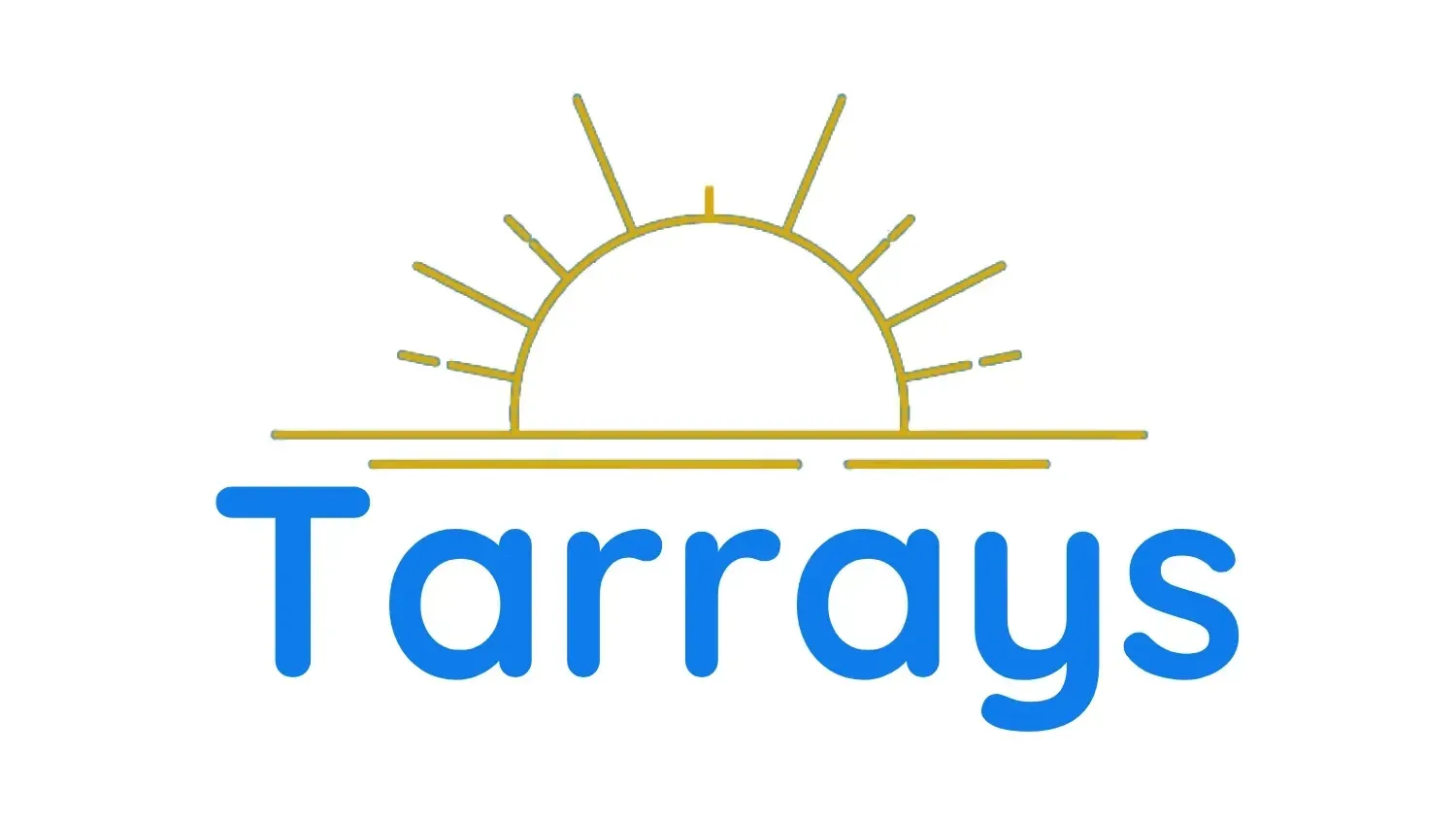Navigating the Challenges of Aged Care Staff Recruitment in Regional Areas: Insights from Tarrays
The residential aged care sector in Australia faces a critical challenge in aged care staff recruitment, especially in regional areas. This problem is exacerbated by an aging population, a limited supply of younger candidates, and the looming retirement of the current workforce generation, making the demand for skilled workers an escalating concern.
In response to these challenges, Tarrays Solutions offers innovative strategies aimed at enhancing regional healthcare staffing. By focusing on recruitment and retention in rural settings, these approaches promise to bridge the widening gap between the demand for care and the availability of qualified aged care staff.
Identifying the Key Challenges
Identifying the key challenges in aged care staff recruitment in regional areas reveals a multifaceted problem. Firstly, personal lifestyle needs, remoteness, and limited social or professional networks significantly impact the ability to attract and retain professionals. The perceived lack of prestige and professional development opportunities further complicates recruitment efforts. This situation is compounded by:
Uneven Distribution of Healthcare Workers: Despite a sufficient overall workforce supply, certain locations and specialties experience severe shortages, highlighting the need for targeted recruitment strategies.
Crucial Amenities: Accessible and affordable accommodation, transport, schooling, and childcare are essential for attracting professionals. Similarly, employment opportunities for family members and avenues to build early and sustained community connections play a critical role.
Regulatory Satisfaction and Workforce Shortages: On average, staff express dissatisfaction with the level of regulation in facilities, correlating with current workforce shortages that drive poor outcomes for individuals requiring care and support. This scenario underscores the urgency of making jobs more attractive and focusing on growing the total care and support economy workforce.
Addressing these challenges requires innovative approaches, including enhancing the appeal of aged care roles and ensuring the sector's rapid growth is matched with a skilled and satisfied workforce.
Innovative Recruitment Strategies
To combat the complexities of aged care staff recruitment in regional areas, innovative strategies are paramount. Tarrays Solutions champions a multifaceted approach:
Partnerships and Telehealth:
Establishing partnership arrangements between public metropolitan and rural health services, which have successfully supplied over 120 FTE doctors to rural locations.
Leveraging Telehealth to enhance access to specialist services, thereby making rural positions more appealing to healthcare professionals.
Local Talent Development:
Initiating apprenticeships and traineeships in diverse roles, such as enrolled nursing and administration, to build local talent pipelines.
Partnering with training providers to offer qualifications and opportunities in both clinical and non-clinical roles, supporting professional development and contemporary models of care.
Attractive Employment Packages:
Implementing the Aged Care Industry Labour Agreement and the Pacific Australia Labour Mobility (PALM) scheme to address workforce shortages by facilitating the recruitment of international workers.
Offering employment and training packages that include fee-free TAFE and subsidised training places, aimed at easing the transition into the aged and disability sector for individuals from declining industries or those seeking a career change.
These strategies, underscored by a commitment to cultural competency, safety, and quality of care, aim to foster a robust, skilled, and motivated workforce capable of meeting the growing demands of aged care in regional and rural areas.
Training and Development Opportunities
In addressing the pivotal role of training and development opportunities for aged care staff in regional areas, it's essential to highlight the comprehensive efforts made by healthcare organisations and government bodies. These initiatives aim to enhance the skills and qualifications of both new and existing workers, ensuring they are well-equipped to meet the diverse needs of older individuals.
Structured Development Programs:
Professional Networks and Mentoring: Emphasis on building effective professional networks, routine training, and mentoring to guide career development.
Specialised Training Opportunities: Focus on palliative care, dementia care, infection prevention and control, and culturally safe care, addressing the specific requirements of aged care.
Online and Scholarship Opportunities: Nurses and personal care workers are encouraged to pursue professional development through online training, scholarships, and recognition of prior learning, facilitating continuous skill enhancement.
Government and Organisational Support:
Funding and Incentives: The Australian Government and related departments offer financial assistance and incentives for training and professional development, including the Aged Care Workforce Funding Scheme and the Aged Care Education and Training Incentive Program.
Rural Health Workforce Development: Initiatives like the Allied Health Regional Workforce Development and Nursing and Midwifery Workforce aim to strengthen the rural health workforce, supported by both federal and state governments.
Continuous Professional Development (CPD) and Recognition:
CPD for Rural Health Professionals: Programs are designed to update medical skills and improve primary care practice quality, with funding support for CPD activities and training programs for general practitioners and registrars in rural areas.
Wage Increase and Workforce Expansion: Efforts to provide better wages align with the complex nature of aged care work, alongside initiatives to expand the care and support workforce, recognising the value and complexity of the work performed by aged care professionals.
These multifaceted training and development opportunities are instrumental in fostering a skilled, motivated, and resilient aged care workforce capable of delivering high-quality care to older Australians, particularly in regional and remote locations.
Policy and Community Support
In response to the challenges faced in aged care staff recruitment, particularly in regional areas, comprehensive policy and community support mechanisms are being deployed. These measures are designed to enhance the workforce by:
Expanding the Care and Support Workforce: Efforts are underway to increase the number of skilled workers capable of delivering high-quality aged care services. This initiative is crucial for meeting the growing demand for aged care.
Wage Increase: Recognising the value of aged care workers and the complex nature of their work, there is a push for wage increases. This move aims to make the sector more attractive to potential employees.
Focus on Underrepresented Groups: There is a specific emphasis on creating attractive jobs and training pathways for women, First Nations people, regional Australians, and those from culturally and linguistically diverse backgrounds. This approach ensures a more inclusive and representative workforce.
Furthermore, the government is actively involved in:
Skill Development and Work Culture Improvement: Helping providers to develop worker skills and improve work culture is a priority. Safe, quality care delivery is at the heart of these efforts.
Funding and Data Collection: Financial support for aged care workforce research and data collection from workers and providers helps capture critical information. This data informs policy development and the creation of productive aged care workplaces.
Community and Remote Support Programs: Initiatives like the Remote and Aboriginal and Torres Strait Islander Aged Care Service Development Assistance Panel and the Boosting the Local Care Workforce program offer professional support and address local workforce challenges.
These comprehensive strategies and supports are integral to building a resilient, skilled, and motivated aged care workforce, especially in regions facing significant recruitment challenges.
Efforts to address the challenges in aged care staff recruitment in regional areas underscore the importance of innovative solutions, policy support, and community engagement. The initiatives presented, from enhanced training and development opportunities to comprehensive policy measures, reflect a concerted approach towards building a robust, skilled, and motivated aged care workforce. These efforts, spearheaded by organisations like Tarrays Solutions, are pivotal in bridging the gap between the demand for and supply of qualified aged care professionals, ultimately ensuring high-quality care for older Australians in regional and remote locations.
As we move forward, the significance of continued innovation, support, and inclusivity cannot be overstated. The strategies and policies implemented to attract, train, and retain aged care staff in regional areas not only address immediate staffing concerns but also lay the groundwork for a sustainable and responsive aged care sector. By fostering a diverse and skilled workforce, we can meet the evolving needs of our aging population, providing them with the care and respect they deserve. This collective effort towards overcoming recruitment challenges paves the way for a brighter future in aged care.












